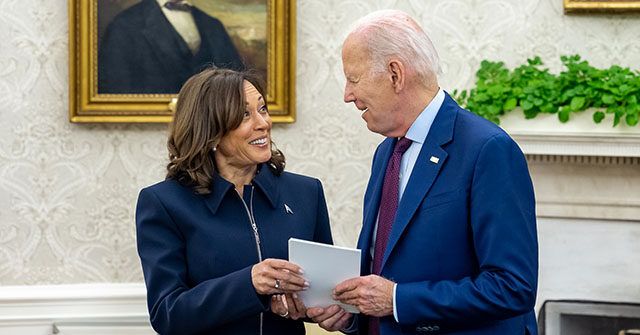During a recent CNN town hall, Vice President Kamala Harris addressed questions regarding the accomplishments of the Biden-Harris administration over the past three-and-a-half years as she campaigns for the 2024 Democratic presidential nomination. When pressed by host Anderson Cooper on why certain policy initiatives remain unaddressed despite her time in the White House, Harris acknowledged the administration’s achievements but emphasized that there is still significant work to be done. She reiterated her commitment to advocating for necessary changes and improvements, making it clear that she does not shy away from acknowledging ongoing issues that require attention.
Harris’s responses reflect a broader narrative within the Biden-Harris administration, which emphasizes its accomplishments while also recognizing areas that need further action. This dual approach is strategic, allowing her to connect with voters who might be frustrated by the lack of progress on certain critical issues. By highlighting both past successes and ongoing challenges, Harris positions herself as a leader who is not only aware of the current landscape but also actively engaged in pushing for the necessary reforms that have yet to materialize.
The conversation surrounding the effectiveness of the administration during its current term is crucial as Harris seeks to differentiate herself from President Biden. While they have worked together on various initiatives, Harris’s campaign offers an opportunity to spotlight the distinctions in their policy priorities and approaches. This dynamic is particularly important for voters looking for leadership that resonates with their expectations for future governance. Harris’s emphasis on the need for ongoing efforts underscores her intention to be seen as a proactive candidate who is focused on problem-solving.
Cooper’s questioning touches on a valid concern among voters about accountability and action. The juxtaposition of Harris’s position as Vice President and the stagnation of certain policy priorities prompts a critical examination of the administration’s journey and its ability to fulfill its promises. Harris’s response, which centered on acknowledging both the progress made and the work that remains, aims to assuage doubts while galvanizing support from constituents who may feel disillusioned by unmet expectations.
In framing her narrative, Harris is also redefining the conversation around the 2024 election. By openly addressing the hurdles faced by the administration and identifying unfulfilled tasks, she signals her readiness to tackle these challenges head-on as a potential presidential candidate. This could resonate with voters who crave authenticity and a sense of urgency in leadership, especially in a political landscape that often seems stagnant or reactive rather than proactive.
Ultimately, Harris’s engagement in the town hall serves not only as a platform for her campaign but also as an opportunity for her to reinforce her commitment to addressing critical issues. As she balances the successes of the Biden-Harris term with a call to action for future progress, Harris seeks to mobilize support by emphasizing that while progress has been made, the journey is far from complete. Her stance may appeal to those who desire a forward-looking vision that acknowledges both the accomplishments and the ongoing challenges in American society.

